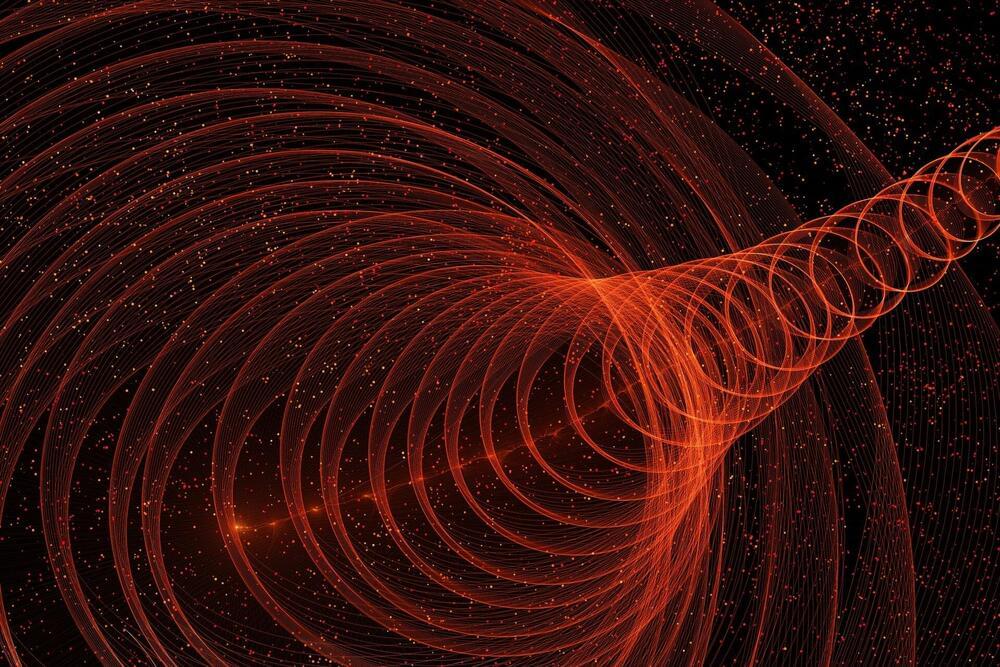Quantum error correction that suppresses errors below a critical threshold needed for achieving future practical quantum computing applications is demonstrated on the newest generation quantum chips from Google Quantum AI, reports a paper in Nature this week. The device performance, if scaled, could facilitate the operational requirements of large-scale fault-tolerant quantum computing.
Quantum computing has the potential to speed up computing and exceed the capabilities of classical computers at certain tasks. However, quantum computers are prone to errors, making current prototypes unable to run long enough to achieve practical outputs.
The strategy devised by quantum computing researchers to address this relies on quantum error correction, where information is spread over many qubits (units of quantum information, similar to classical computer bits) allowing the identification and compensation of errors without damaging the computation. The overhead in qubits required by quantum error correction potentially introduces more errors than it corrects.
